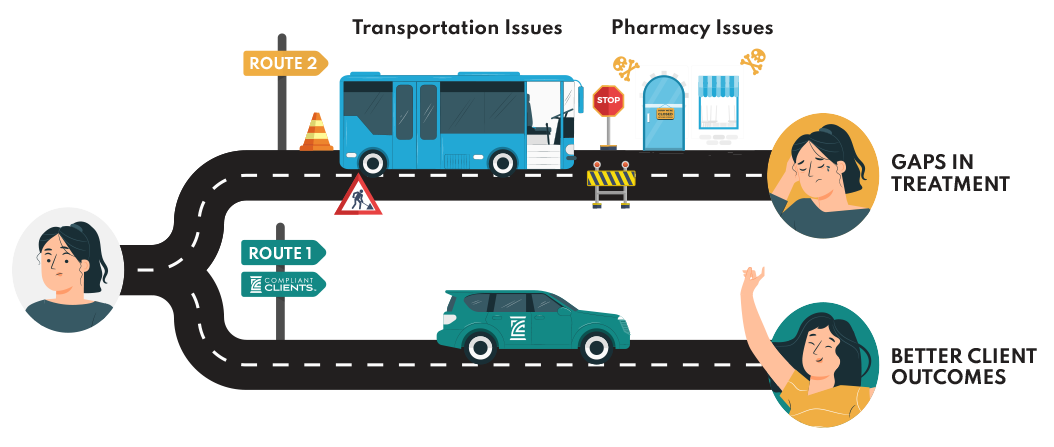Personal Injury Cases: 3 Key Questions to Ask on Your Client Intake Form
Gathering Client Information
When you take on new clients, your first priority is to learn more about them and their claims. They say that ‘forewarned is forearmed,’ and this is particularly true in complex legal cases. Your client intake form gives you an excellent opportunity to gather the information you need early on in the process. Asking the right questions here helps you anticipate possible problems. Armed with the right information upfront, you can eliminate all kinds of issues that may arise later.
Avoiding Transportation and Pharmacy Issues
One area of particular concern is managing client care plans. Most personal injury victims will need to attend medical appointments and take prescribed medications. Building a solid case depends on them adhering strictly to these care plans.
Unfortunately, many clients struggle to do so, for various reasons. Both transportation and pharmacy problems can trip them up, leaving problematic gaps in their treatment. For example, some clients may not have their own vehicles. This means they must rely on public transportation, taxis, or ride-sharing services, which may stretch their finances. As a result, they will be tempted to miss appointments.
Even if they can arrange a ride, they may be let down by a ride arriving late, vehicle failure—or they may simply forget their appointment. There are many ways transportation can go wrong. Getting prescribed medications can be an issue, too. They may be uninsured or unable to afford the copays, causing them to skip crucial medical treatment. All of these issues cause problems for personal injury lawyers, making it much harder to get the best outcome.
“Both transportation and pharmacy issues are potential problem areas,” says Dr. Survam Patel, Managing Partner of Compliant Clients. “Gaps in treatment weaken a case and undermine all the hard work that personal injury attorneys do. This problem can have a devastating effect on case outcomes.”
Fortunately, there is a solution. The information collected during client intake can be invaluable for spotting red flags requiring action. Here are three simple questions to help you keep clients compliant with their care plans:
Do you need transportation to and from your medical appointments?
If clients report needing assistance with transportation, consider working with a partner who specializes in scheduling rides for personal injury clients. This way, you’ll be sure that appointments are kept, and there are no troublesome gaps in treatment. A client transportation specialist will take the problem off your hands, ensuring clients get the rides they need on lien. That leaves you and your staff free to focus on building cases rather than managing care plans.
Do you have prescription insurance?
Clients without suitable insurance coverage may struggle to pay for prescriptions. Partnering with a provider who offers pharmacy on lien reduces the risk they will skip necessary medications. Clients should be able to fill prescriptions at the pharmacy of their choice using a pharmacy card. This immediately removes the two main barriers that prevent clients from sticking to their medication plan—cost and inconvenience. A pharmacy card allows them to get their needed medications almost anywhere without paying a cent out of pocket.
(If they have Rx insurance): will you be able to afford your copays and deductibles, or do you want to bill the medications to your case?
Even clients with prescription insurance may have problems covering copays and deductibles, especially if repeat fills are needed. Thankfully, the risk of treatment gaps is significantly reduced when a pharmacy partner picks up the tab. Clients no longer have to worry about whether their insurance covers them, how high the deductible will be, or how much the copay will cost. They simply hand over their card at their local pharmacy and get their medications in return. It’s a simple and effective solution that just plain works!
Act on the Information
Once you’ve gathered this information, it’s time to act. You now have actionable insights you can use to drive better results in your cases, and you don’t want that to go to waste.
If responses show that transportation and pharmacy issues are likely to be problematic (they often are), it’s vital to put better procedures in place.
Sure, you can do this in-house, relying on your admin staff to schedule rides, send reminders, and do all the work needed to keep clients on track. But all of this is an extra admin burden on an already busy team.
With all the best will in the world, care plan management is not an area of competence for most paralegal staff. Their valuable time is better spent working directly on cases.
That’s why more and more personal injury firms are choosing to work with transportation and pharmacy partners.

Get Expert Help
At Compliant Clients, we specialize in arranging transportation and pharmacy services on lien. So if you need more help eliminating gaps in treatment, contact us today.
We make it our business to get clients to appointments on time, every time. Plus, we arrange their medications, provide pharmacy cards and keep them on track with their care plans.
When you partner with Compliant Clients, you can focus more time and energy on achieving better client outcomes.
If you need a reliable partner to take client transportation and pharmacy off your hands, Compliant Clients is here to help.
“We help personal injury firms dramatically reduce gaps in treatment,” says Dr. Patel.“We keep clients compliant with their care plans, cutting out missed appointments and skipped medications. This frees attorneys to spend more time getting the right outcome for their clients.”
No wonder so many law firms are choosing to partner with Compliant Clients. We’re ready to help you, too—and getting started is easy. Just enroll a client in the easy-to-use portal and let us take the strain.
We’ll schedule rides, send reminders, follow up as necessary, and keep people on track with their care plans. We also ensure clients get the medications they need at zero cost to them (or you).
So update your client intake to identify which clients may have transportation or pharmacy issues, then enroll them with Compliant Clients. We’ll pick things up from there and keep their care plans on track.

